
How a Swiss-based organisation is regulating military contractors
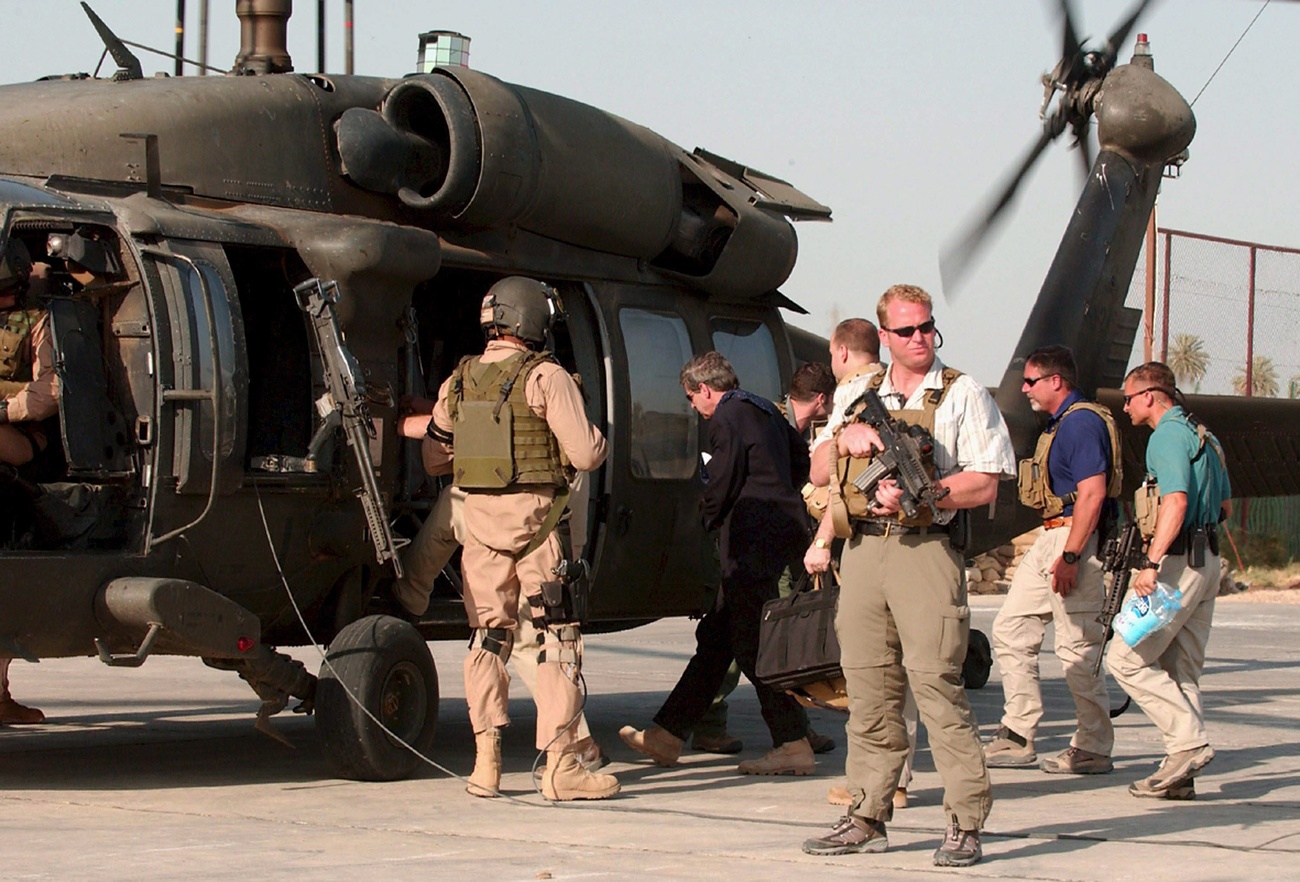
Private security service providers are replacing soldiers on today’s battlefields. Switzerland aims to make them respect international law by promoting a code of conduct.
From a business tower in Geneva’s international district, Jamie Williamson watched closely as new details on the recruitment of prisonersExternal link and potential war crimesExternal link by the “Wagner Group” emerged after one of its recruits defected to Norway in January. The private army run by a Russian oligarchExternal link has been instrumental in bolstering Russia’s presence in Ukraine and several African countriesExternal link.
It is one of the more visible examples of a larger trend to privatise war and security. Data on the exact number of recruits and money involved in private security is scarce and often diverges among industry experts. Future Market Insights says the market was worth $80 billion (CHF74 billion) in 2022 and expects an average 3.7% growth until 2032.
Meanwhile, Vantage Market Research valued the sector at $242 billion in 2021, projecting an average annual growth of 7.2% until 2028. The estimate includes military operations. The Geneva Centre for Security Sector Governance (DCAF) estimates that in 2017 in 2017 at least 11 million personnel were employed by 77’000 private military and security companies. The figures are conservative, as DCAF counts only registered private security companies and their employees and does not include the significant grey and black markets that exists for private security services. The numbers are expected to have risen since 2017.
Williamson works to prevent the alleged war crimes which were reported about groups like Wagner. He heads the association in charge of the International Code of Conduct for Private Security Service Providers, ICoCA.
The code goes back to a Swiss initiative developed in 2010 in the wake of the US-led war in Iraq, after contractors from the firm Blackwater killed 14 civilians on a central square in BaghdadExternal link. Governments, private security and civil society organisations agreed on the set of common principles, with a view to promoting respect for human rights and humanitarian law. In 2013 ICoCA, registered as a Swiss not-for-profit, saw the day.

“This field is much larger than Wagner,” explains Williamson in his small office, in reference to what the code covers. “Security is offered everywhere, and wherever there is a risk of human rights violations by private services, the code is relevant,” he says. This includes in asylum centres when they are guarded by contractors, in mining operations that rely on external security, or in war zones when armies outsource tasks like training, transportation or ammunitions management.
Raising standards in a growing and secretive industry can seem like a futile exercise. More transparency is perceived as a reputational or security risk by many private contractors, even if most companies do not carry weapons. The share of the market ICoCA covers is small.
Some 117 companies are listed on its website, meaning they have committed to operating in accordance with the code and meet its reporting, monitoring and assessment requirements. Only 54 of these have had their business practices externally reviewed and thus qualify as “certified members”.
Some of the larger security organisations like G4S or GardaWorld now subscribe to the code, prompting other players to follow suit. Williamson declares: “ICoCA member companies operate in over 50 different locations, bringing together tens of thousands of employees.”
Constellis, the group that absorbed the leftovers of Blackwater after several rounds of rebrandingExternal link, certifiedExternal link its subsidiary active in Afghanistan and Iraq in 2017. The Global Vice President for Business Development, Michelle Quinn, now sits on ICoCA’s Board of Directors. “A vetting made it clear that they are very distinct from Blackwater,” explains Williamson.
Betting on prevention
In principle, ICoCA is ready to engage with anyone who has an impact, including with the Wagner Group. “It would be virtually impossible though for them to become members,” says Williamson, who worked in several crisis zones for the ICRC before joining ICoCA. “But we need to engage with companies with a bad track record — this is exactly where it will make a difference, to prevent any further wrongdoing and ensure accountability.”
In Ukraine, however, where Wagner contractors are fighting Vladimir Putin’s war, reaching out to the business entity misses the point, says Williamson. “The model in Ukraine is new. They are non-state, but clearly linked to the state — a private wing of the Russian military. The debate and the solutions have moved to a much more political and governmental level.”
From a legal perspective, the Wagner fighters in Ukraine are not mercenaries. The Geneva Conventions defineExternal link that mercenaries cannot be nationals of a party to the conflict and must be motivated by a desire for private gain.
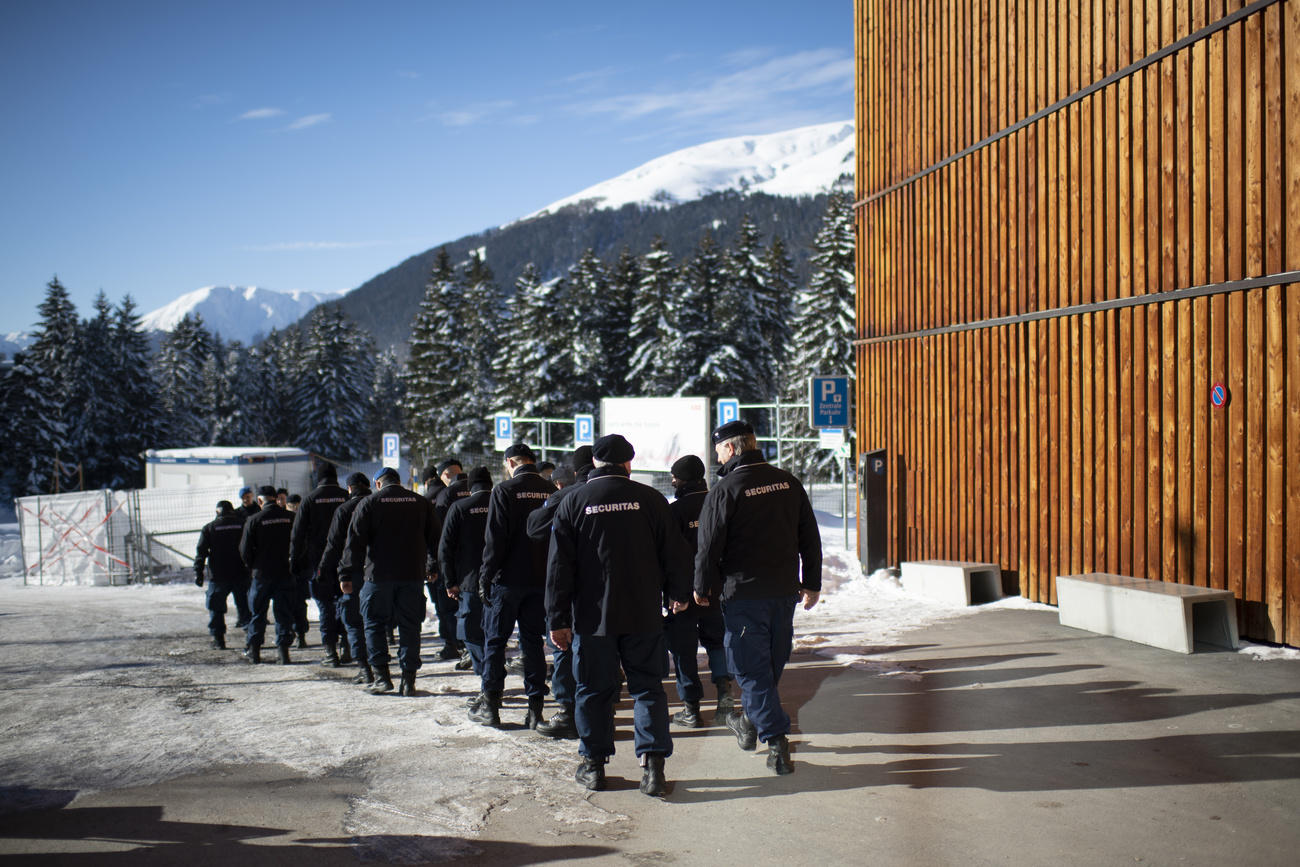
More
Swiss rules on mercenaries – gold standard abroad, flawed at home
But in other countries, many of the services offered by Wagner could be provided by any security company, Williamson explains. “They cooperate with peacekeepers or train local police or military forces. Many Western companies have done exactly the same for decades.”
ICoCA tries to engage with any such contractor to have them understand the legal parameters and limits of their actions. The aim is to prevent civilian harm, but ICoCA also explains at which point contractors cross the threshold to becoming combatants themselves and lose their own status as civilians.
“It is all about prevention,” says Williamson. “Once the shot is fired, or a civilian harmed, it is too late.”
The power of the buyer
Governments need to play a key role in reining in and regulating private security contractors too. In 2008, several states reaffirmed their obligations to ensure minimum standards for private security companies active on their territory by adopting the Montreux DocumentExternal link, another initiative by Switzerland and the International Committee of the Red Cross (ICRC) to improve compliance of private military and securities companies with international law.

More
Swiss security companies active in North Africa and Middle East
As customers of security contractors, national authorities set the standards they expect companies to abide by. The United States requires contractors they hire for diplomatic security in high-risk environments to be certified by ICoCA. Other countries like the United Kingdom include references in procurement documents. But the closer services are linked to military operations, the more complicated it gets to have any kind of oversight as information is often classified, Williamson explains.
Overall, ICoCA remains a Western club. The governments of Australia, Canada, Norway, Sweden, Switzerland, the UK and the US participate. “We encourage any governments to join the ICoCA with the aim of raising security standards,” writes the Swiss Department of Foreign Affairs in response to a question by SWI swissinfo.ch on the status of Russia and China. “Being based in Geneva, ICoCA interacts with permanent missions regarding questions related to private security standards.”
Updating national law
Switzerland has also updated its federal law in 2013 to ban companiesExternal link inside its borders that participate in hostilities abroad. The move came after British Aegis Defence Services, one of the larger players in the industry with operations in the wars in Iraq and Afghanistan, relocated their headquarters to Basel in northwest Switzerland.
Securing Swiss neutrality was one of the key factors that led to the adoption of the law, which also explicitly prohibits companies based in Switzerland from providing services in connection with serious human rights violations. The law requires Swiss companies to notify authorities in advance if they aim to provide security services abroad — and mandates them to accede to the International Code of Conduct.
While the UN Working Group on the use of mercenaries commended Switzerland’s international engagement on a 2019 country visitExternal link, it criticised its domestic regulation for security services offered within the country: “The lack of uniform standards within the industry represents a particular concern as the number of private security personnel outnumbers police officers,” the experts wrote.
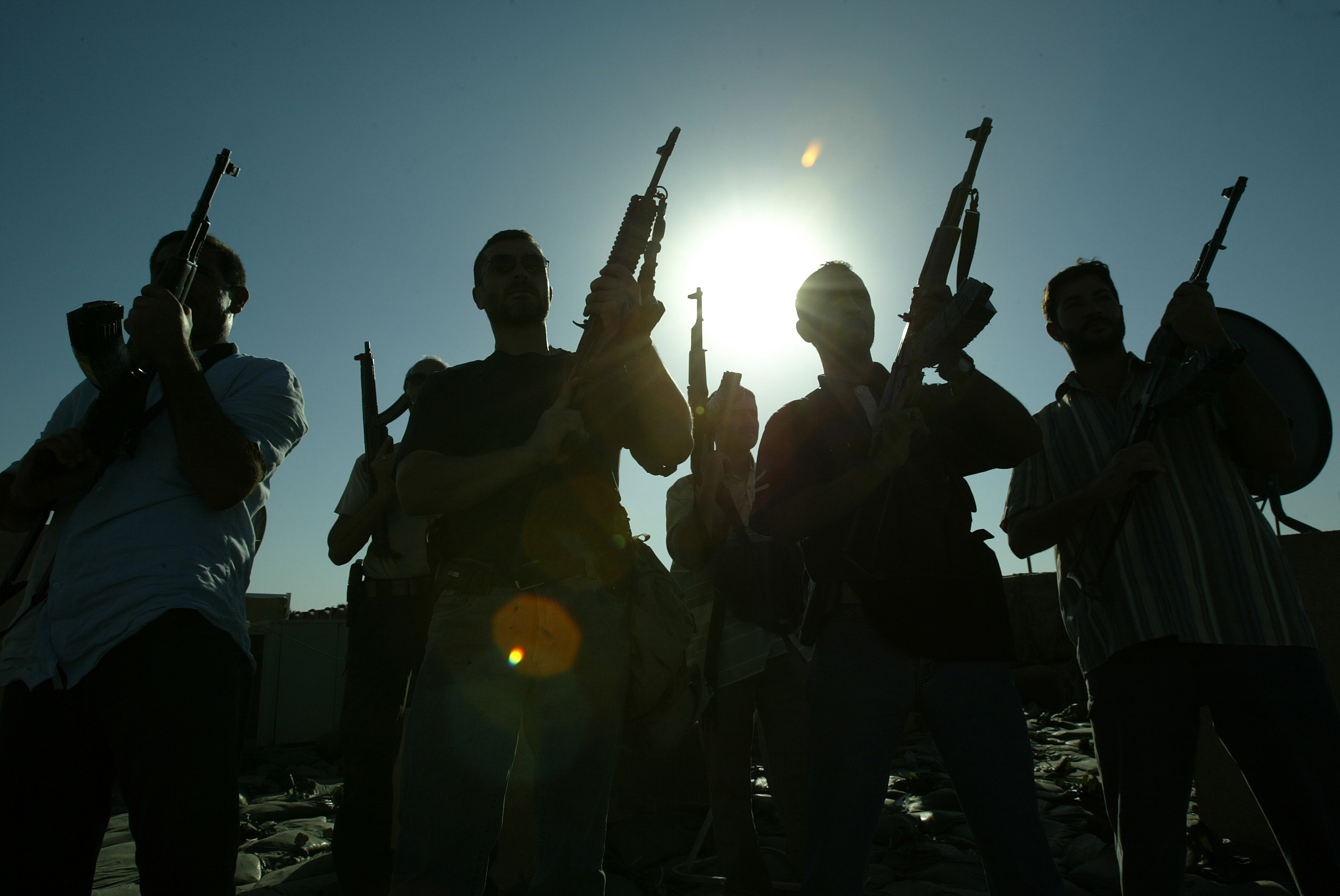
More
Private armies enter judicial cross hairs
Besides governments, the other influential players in improving the conduct of private security are multinational corporations. “Human rights due diligence is key,” stresses Jamie Williamson. As customers, multinationals have a say on the standards the security contractors they hire have to follow.
BP, the British oil and gas company, has been an observer of ICoCA for years, Glencore, a commodities trader, and Holcim, a global company manufacturing building materials, have just joined. Other big corporations that rely on external security services for their global operations may follow. The idea is to rely on an established protocol to prevent rights abuses by contractors – and the repercussions these could entail for multinationals.
Accountability still lacking
The UN experts on mercenaries appreciate the code, but call for more. In a recent report to the UN Human Rights CouncilExternal link, they stress the need for an international treaty “to ensure uniform regulation of private military and security companies worldwide and adequately ensure human rights protection.”
In an email to SWI, Sorcha MacLeod of the UN Working Group explains that mercenaries are rarely held to account for atrocities. The secrecy around such private security actors, complex business structures and gaps in regulation are to blame, she says.
Four Blackwater guards were convicted by a US courtExternal link for the killings in Baghdad, but later pardonedExternal link by former US President Donald Trump. A first case against the Wagner Group was rejected by a Russian court in 2022External link and is now pendingExternal link before the European Court of Human Rights.
“One of the biggest recent changes in relation to the deployment of mercenaries is the scale. We now see thousands of mercenaries deployed across multiple armed conflicts. Historically the numbers were much smaller,” MacLeod explains.
In his Geneva office, Jamie Williamson agrees that private actors are here to stay: “We could see more groups like Wagner in the future. It will be impossible for us to backtrack to a world where you only have conventional armed forces.”
One of the direct consequences is the blurring of lines between conflict and non-conflict operations. Williamson calls it a “commonality of issues”: Problems like unfair working conditions, sexual harassment, lack of training, undue use of force, apprehension or detention will occur in any context.
In an industry where resources are easily transferrable, third-country nationals who work as guards in Iraq may go to the World Cup in Qatar or the Paris Olympics next, Williamson explains. “You have the same market drivers. The security industry is this spectrum.”
Edited by Virginie Mangin
Article updated on March 30 to specify the Geneva Centre for Security Sector Governance (DCAF) estimates for market private security contractors.

In compliance with the JTI standards
More: SWI swissinfo.ch certified by the Journalism Trust Initiative


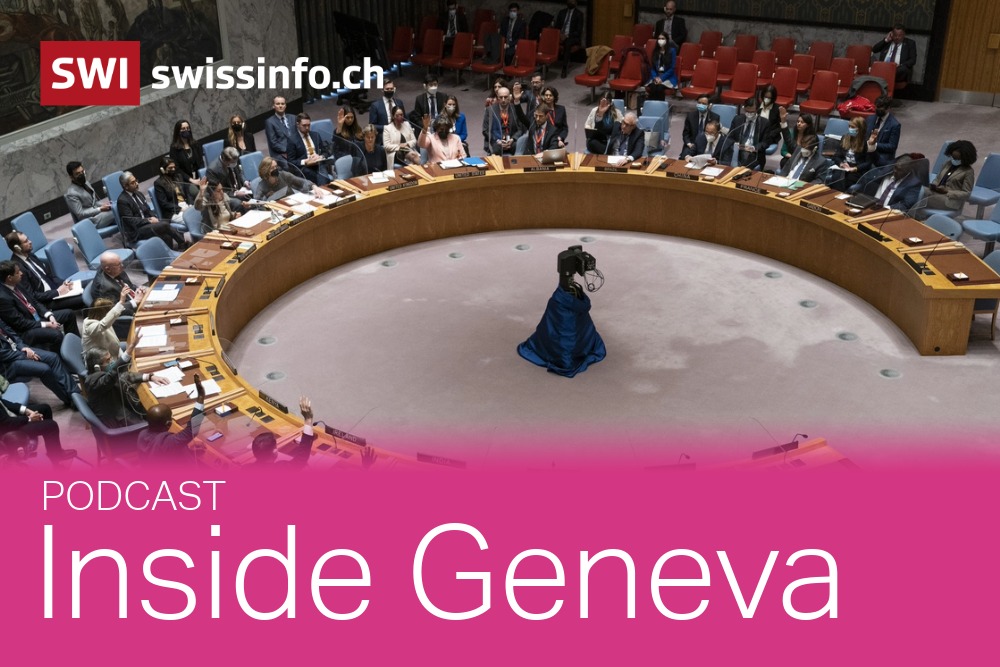














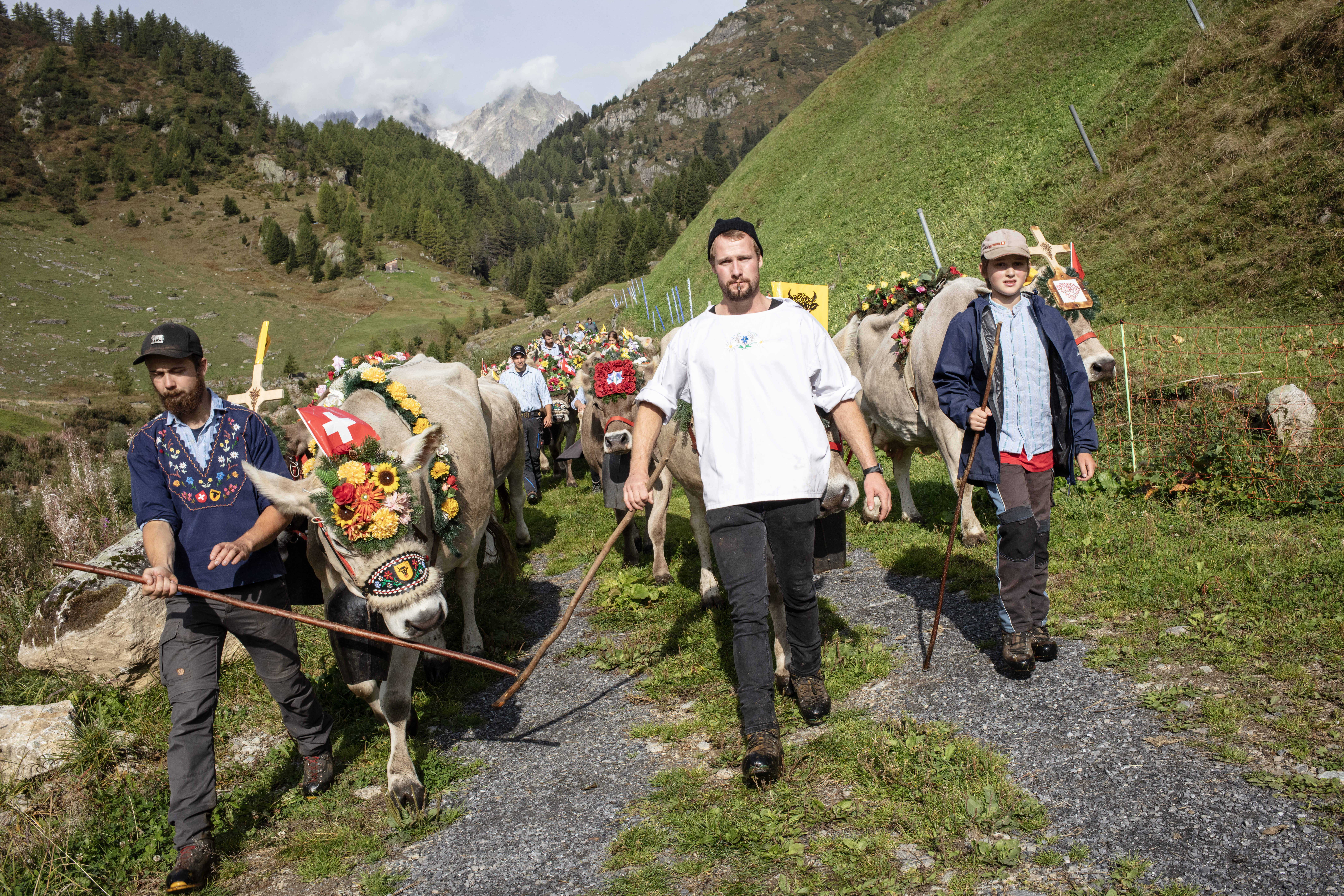
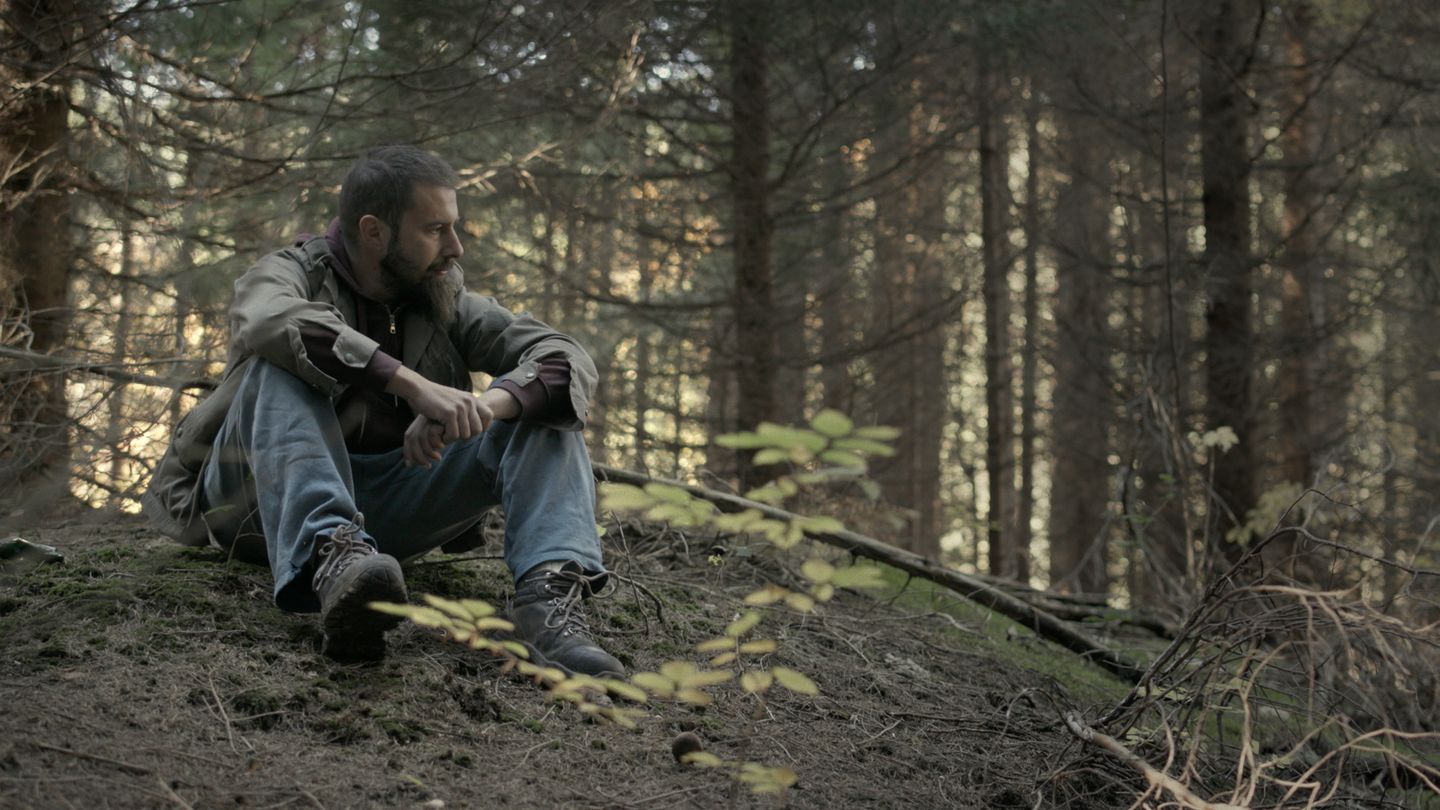








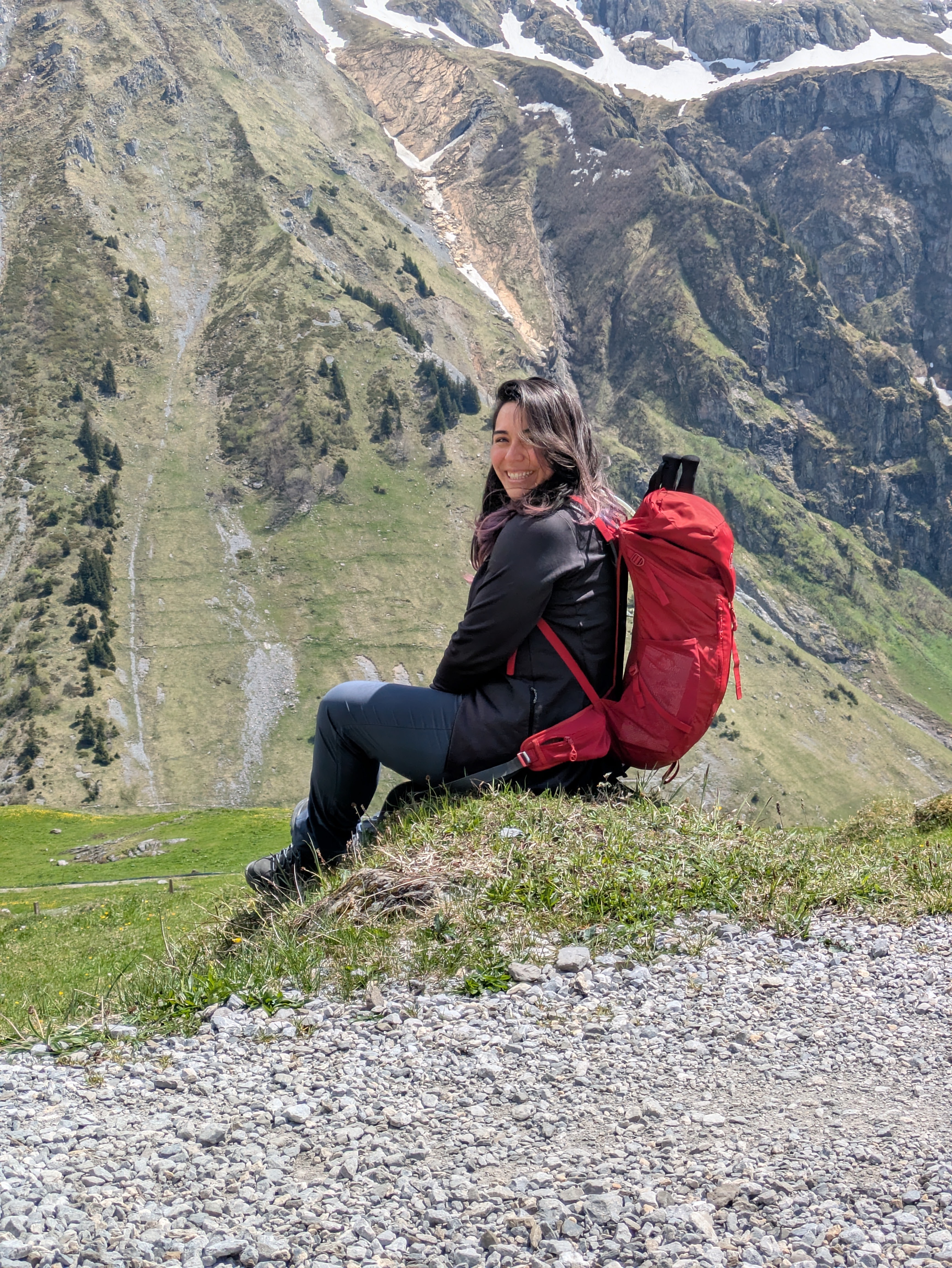


You can find an overview of ongoing debates with our journalists here . Please join us!
If you want to start a conversation about a topic raised in this article or want to report factual errors, email us at english@swissinfo.ch.